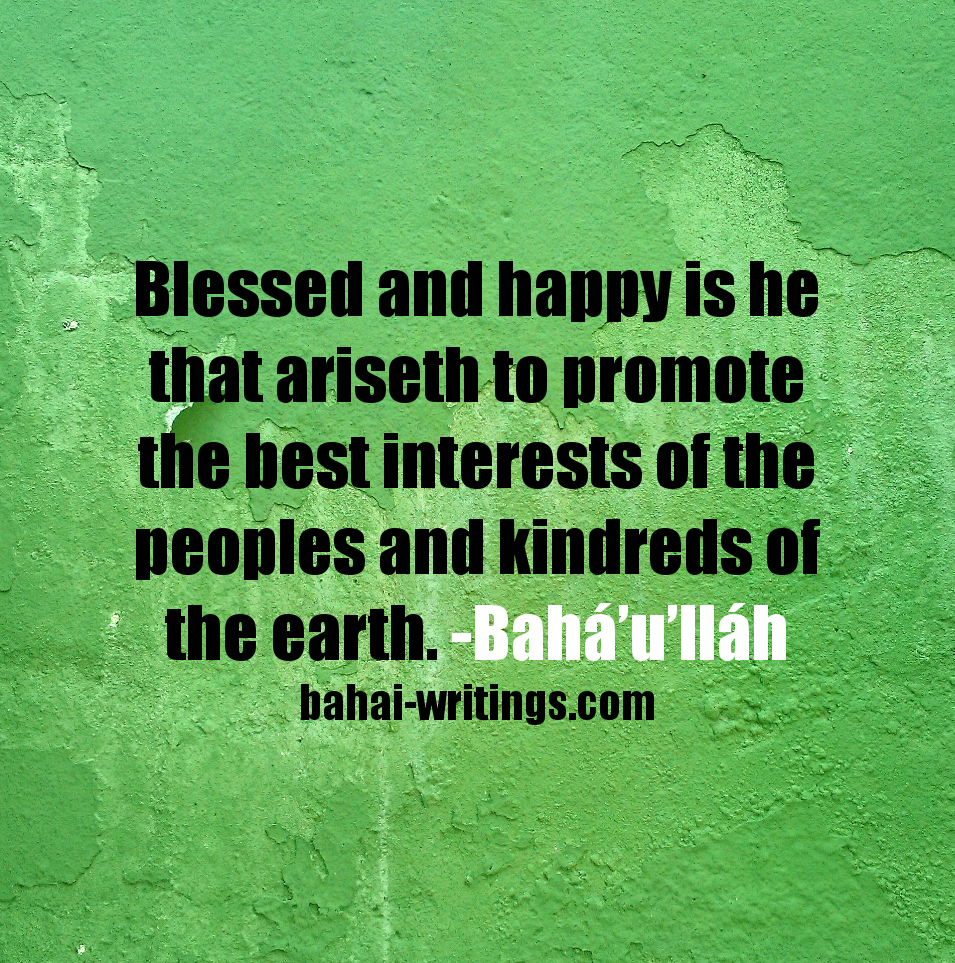The Baha’i teachings articulate a profound vision of a harmonious and equitable society, underscoring the principle of Divine Order. This concept permeates the writings of Baha’u’llah, the founder of the Baha’i Faith, and serves as a cornerstone in the pursuit of global peace. Through a meticulous examination of the Baha’i scriptures, one can discern elucidations on human unity, justice, and the transformative potential of spiritual growth. The exposition of these themes unveils a pathway toward realizing a peaceful world, fostering a collective consciousness imbued with the virtues of compassion and understanding.
To comprehend the essence of the Divine Order within Baha’i teachings, it is imperative to explore various interconnected dimensions such as the nature of the Divine, the role of humanity, the principles of consultation and cooperation, and the embracement of diversity. Each of these aspects converges to elucidate how the Baha’i writings can catalyze individual and communal transcendence, harmonizing human interactions with the divine purpose.
The first aspect warrants an exploration of the nature of the Divine itself. In the Baha’i perspective, God is conceived as an all-encompassing, unknowable essence whose attributes manifest through the prophets and manifestations throughout history. Baha’u’llah asserts that knowledge of God is intrinsically tied to knowledge of humanity’s duties and responsibilities towards one another. This understanding necessitates the development of an intrinsic relationship characterized by love, compassion, and service, which is foundational for cultivating peace.
Furthermore, the Baha’i writings emphasize the inherent dignity and potential of every individual. Each person is regarded as a reflection of the divine qualities, which serves as a clarion call to foster an environment where individuals can realize their fullest potential. This transformational perspective invites followers to engage in acts of service, to uplift humanity, and to contribute to the collective welfare. Engendering an atmosphere where human dignity flourishes is indispensable for the establishment of a peaceful world, as it precludes the seeds of conflict and animosity.
The principle of unity is perhaps the most salient feature of Baha’i teachings. The Baha’i Faith posits that all humans, as members of a single family, are created equal and should be united in their diversity. This unity is not merely an ideal but a practical necessity for a tranquil society. The Baha’i writings call upon individuals to transcend prejudices, be it racial, religious, or cultural. This call to action propounds an urgent need for mutual respect and understanding, positioning the teachings as guiding principles toward social harmony and cooperation.
The role of consultation is another pivotal aspect framed within the context of Divine Order. The Baha’i community functions on the premise that through collective decision-making and open discourse, diverse perspectives converge to form decisions that reflect the collective will. This methodology not only empowers individuals but also fosters a profound sense of belonging and ownership within the community. As decisions are reached through consultation, the results are imbued with the wisdom of the group, thus enhancing the likelihood of peaceful resolutions.
In addition to promoting unity, the Baha’i teachings advocate for the eradication of extremes of wealth and poverty, recognizing economic inequality as a significant barrier to peace. The writings delineate a vision of a just global economy that prioritizes the needs of all individuals, ensuring equitable distribution of resources. This doctrine implores individuals to act with justice and fairness, as social and economic imbalances are fertile grounds for discord and conflict.
The Baha’i perspective on education further reinforces the framework for a peaceful society. Education is viewed as a fundamental right and essential for personal and societal development. The Baha’i writings assert that education should not be confined merely to academic knowledge but should encompass moral and spiritual dimensions. Instilling values such as honesty, respect, and empathy through education cultivates individuals who are not only informed but ethically grounded, contributing positively to societal cohesion.
Moreover, the importance of individual and collective prayer is accentuated within the Baha’i writings. Engaging in prayer serves to foster spiritual development and connection with the Divine, which, in turn, enriches interpersonal relationships and societal interactions. Through prayer, individuals are encouraged to seek divine guidance in their actions, cultivating a sense of shared responsibility for the collective welfare, thus enhancing the framework of Divine Order.
Central to the Baha’i ethos is the concept of service to humanity. Altruistic service is not merely an action but a way of being, deeply enshrined in the Baha’i teachings. By dedicating oneself to the service of others, individuals transform their own spiritual and moral landscapes. This emphasis on service promotes social cohesion and establishes a culture of compassion—an essential ingredient for lasting peace.
In conclusion, the Baha’i writings present a comprehensive and forward-thinking approach to establishing a peaceful world through the lens of Divine Order. The interplay of unity, justice, consultation, and education manifests as a robust framework for addressing the multifaceted challenges facing humanity. By embracing these teachings, individuals can foster a global community that is not only aware of its shared destiny but actively engaged in the pursuit of peace and harmony. Such a commitment is essential in navigating the complexities of the modern world, where the quest for understanding and cooperation forms the bedrock of a tranquil and just society.
